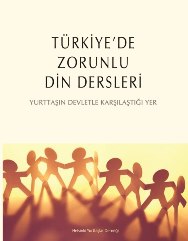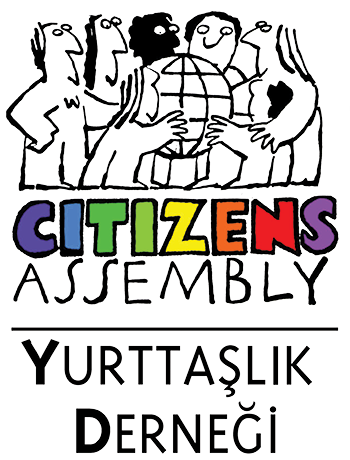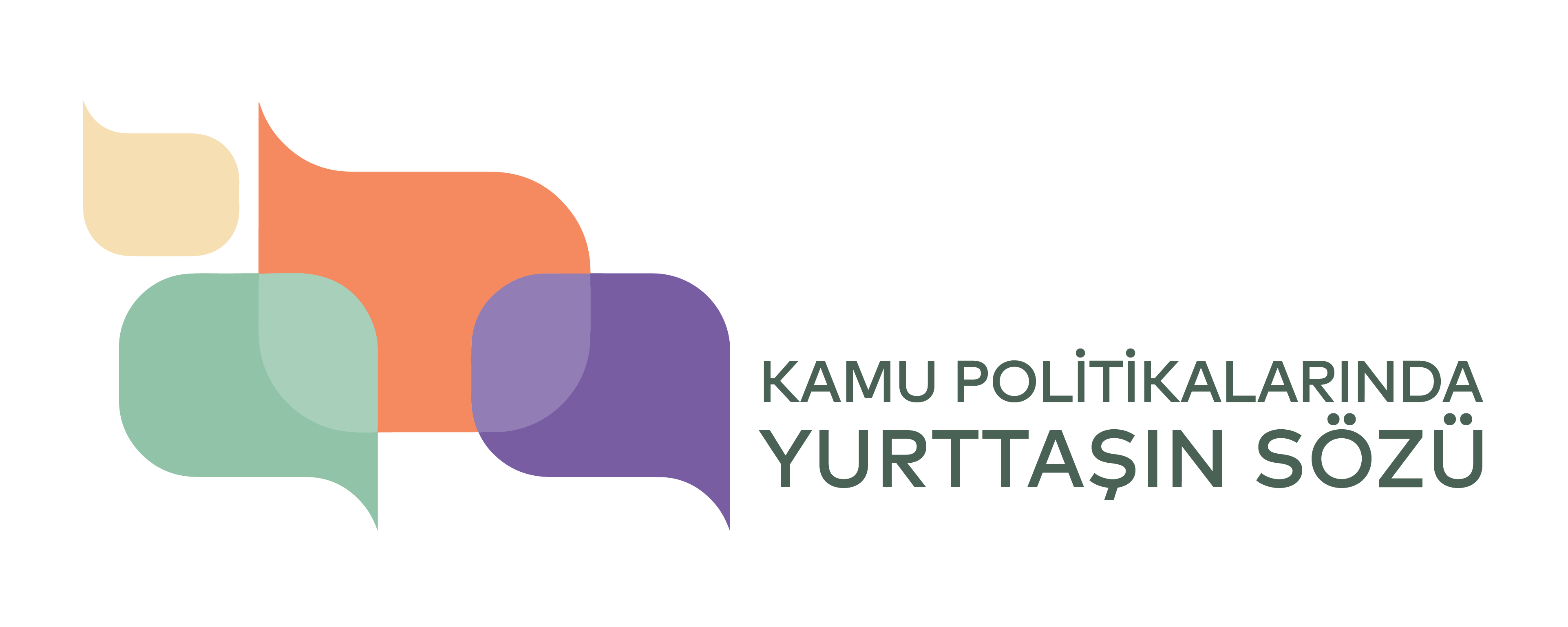
Report: Compulsory Religion Classes in Turkey: Where Citizens Confront the State
hCa (now named as Citizens Assembly) has been working on compulsory religion classes for some time. We have published a report as part of this study, first part of which was completed in December. The report titled Compulsory Religion Classes in Turkey: Where Citizens Encounter the State include articles such as the history of the compulsory religion classes in the education system since the proclamation of the Republic, compulsory religion classes in international law, the pedagogical aspect of religion education and the place of religion classes in education systems of various European countries. The report also includes notes of roundtable meetings where we discussed compulsory religion classes with academics, representatives of faith groups and civil society organizations.
Extract from the presentation:
The aim of this study is to build and strengthen the foundations of a civic mobilization, an advocacy initiative and a public debate based on solid information for the design and implementation of judicial / administrative reforms related to compulsory religious education in the Turkish education system. The content of compulsory religion and religious classes, imposed by the official education system curriculum, focusing only on one of the main sects of Islam (Sunni) - and therefore biased - is a matter of broad and deep debate for citizens from different religious beliefs, identities and traditions. Despite being defended or welcomed by the majority, this situation is explicitly or implicitly criticized by many groups, including communities belonging to different sects. The place of religion or religious education in the current education system as a government policy is open to debate from many interrelated perspectives. When it becomes a government or state policy, compulsory religious education violates the freedom and right to conscience, religion and belief within the framework of respect for universal standards and equal citizenship rights. In this respect, the state does not fulfil its obligation to provide its citizens with public resources, facilities and services in an impartial manner, irrespective of individual and collective religious and philosophical beliefs and belongings.
The content and discourse of the classes in the curriculum favours Sunni Islam, and violates the right to choose and enhance one's own beliefs, one of the most fundamental rights. Existing policies and administrative practices provoke and reproduce the practices of discrimination, exclusion and ill-treatment against minorities - practices not only stemming from the state but also present among other citizens - strengthens existing complex networks of social conflicts, deepens the feeling of polarization and insecurity. Finally, considering the current content and teaching manner, the pedagogical effects of indoctrination at an early age are another controversial result of compulsory classes.
(...)
This study, entitled Compulsory Religion Classes in Turkey, is the first step towards a long-term strategic advocacy campaign that includes more comprehensive projects and activities. It aims to compile and disseminate the most up-to-date data on policies and reforms, legal and administrative frameworks and practical applications in Turkey, European Union member states and other EU candidate countries.
The report at the end of the book consists of the notes from the round table meeting entitled "Compulsory religion classes: Legal situation, pedagogical approach and country examples" that we organized on 5 December 2015. The meeting, aimed at discussing from different perspectives the issue of religion classes, one of the critical areas where citizens confront the state, was attended by civil society organizations and representatives of faith groups, academics and teachers. During the two sessions which followed the presentations of the research and articles in the book, the participants expressed their opinions about the presentations as well as the present situation regarding compulsory religion classes, the issues they encounter in daily life and the suggestions on what could be done.
The approach and method we adopt in this study is that the discussion of compulsory religion classes should take place in the line of citizenship and freedoms and not in that of theology. We, hCa, believe that the experiences and lessons learned in our previous actions titled "Secularism Practices in Daily Life" and "We are Discussing the Presidency of Religious Affairs (Diyanet)" will guide us in dealing with the subject of compulsory religion classes and hope that this work will contribute to our coexistence practices.





